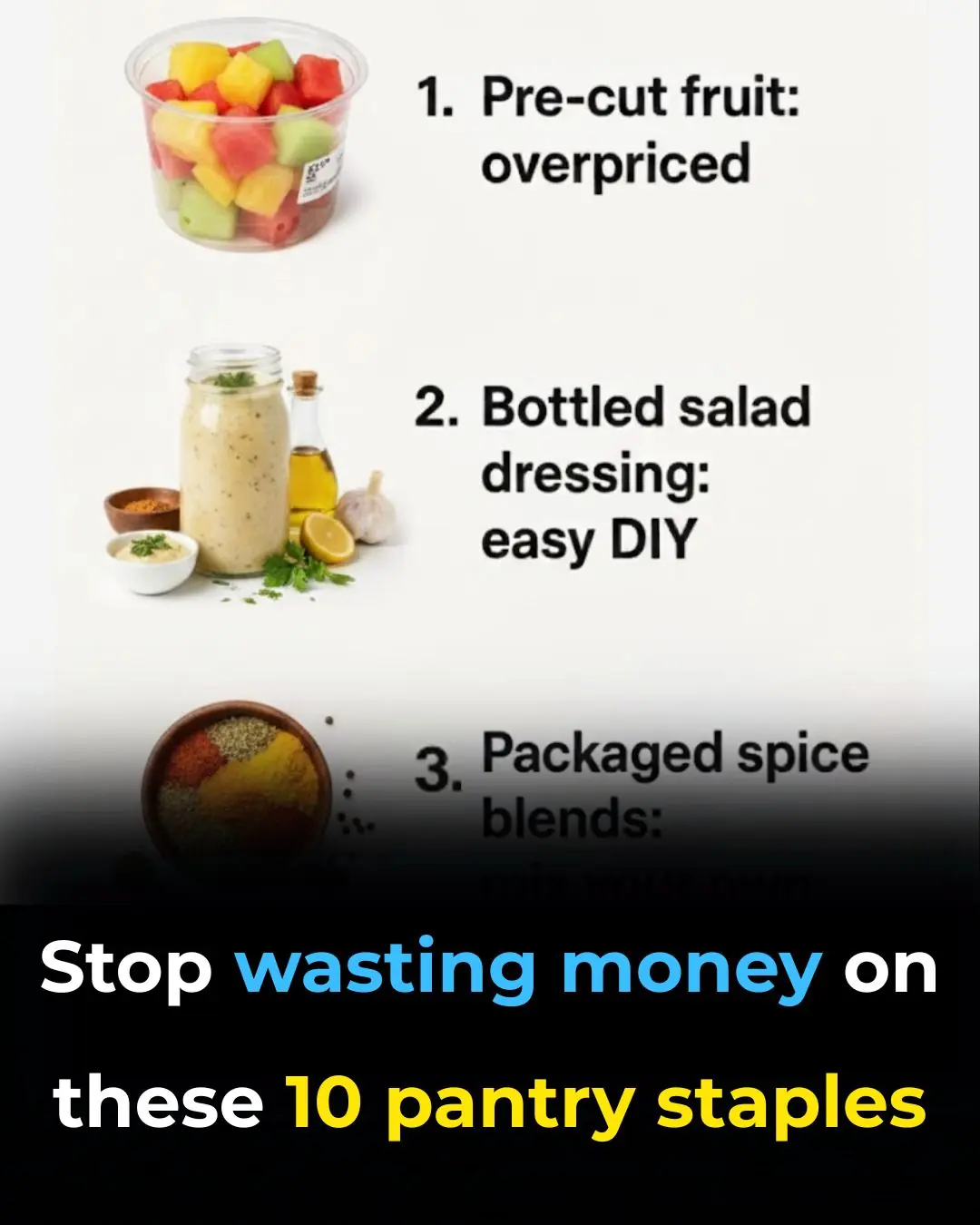
Stop cooking these 10 foods in aluminum foil
Cooking with aluminum foil is a long-standing habit in many kitchens around the world. It’s prized for its ability to conduct heat efficiently, retain moisture, and wrap foods neatly for roasting, grilling, or storing leftovers. For decades, aluminum foil has been seen as an indispensable kitchen companion — simple, versatile, and effective.
However, as awareness about the connection between cooking methods and long-term health grows, many experts have started to question how safe this convenient material really is. Recent research suggests that cooking with aluminum foil can expose us to higher levels of aluminum — a metal that, in large quantities, may contribute to several health issues.
This article explores eleven foods you should never cook in aluminum foil, explaining why this everyday kitchen staple can sometimes do more harm than good and what safer alternatives you can use instead.
1. The Hidden Dangers of Aluminum Foil
Aluminum foil is made from thin sheets of aluminum — a reactive metal that can break down under heat, especially when in contact with acidic or salty foods. When heated, it can leach microscopic particles of aluminum into your meal. Studies have shown that cooking with foil can increase aluminum levels in food by up to 300–400%, depending on temperature and cooking duration.
Although the human body can process small amounts of aluminum, excessive exposure can lead to its accumulation in tissues and organs. Over time, high levels of aluminum have been linked to neurodegenerative diseases, such as Alzheimer’s, as well as potential bone and kidney problems.
Being mindful of the foods that trigger aluminum leaching is an easy but powerful step toward safer cooking.
2. Acidic Foods: A Risky Reaction
Acidic foods are among the most reactive when it comes to aluminum foil. The acid corrodes the foil, breaking down its protective surface and allowing aluminum to seep into the food. Common acidic ingredients include citrus fruits, tomatoes, vinegar, and wine.
When these foods are wrapped or cooked in aluminum foil, the reaction can alter their taste and increase metal content. Instead, opt for parchment paper, glass, or ceramic cookware, which don’t react with acids and preserve food flavor naturally.
3. Tomatoes: Avoiding the Metallic Taste
Tomatoes are highly acidic, making them one of the biggest offenders. Cooking tomato-based dishes in aluminum foil often results in a faint metallic taste and discoloration, especially during roasting or baking. This isn’t just a flavor issue — it’s also a sign that aluminum has entered your food.
For tomato sauces, lasagna, or roasted tomato dishes, use stainless steel pans or ceramic baking dishes. These materials prevent chemical reactions and help keep your food tasting bright and fresh.
4. Lemon Fish: When Flavor Meets a Chemical Reaction
Wrapping fish with lemon slices in aluminum foil might seem like an elegant, flavor-packed idea, but it’s also one of the riskiest. The citric acid from lemons reacts strongly with aluminum, causing more leaching than almost any other cooking combination.
If you love lemon-infused fish, bake it in a non-reactive dish and cover it with parchment paper instead of foil. You’ll still enjoy the same zesty aroma — without the added aluminum.
5. Vinegar Veggies: A Hidden Hazard
Vinegar, a common ingredient in marinades and vegetable dishes, is another acidic culprit. When vegetables marinated in vinegar are cooked in aluminum foil packets, the acid can cause the foil to degrade, increasing aluminum content in the food.
For roasted vegetables with vinegar or pickling-inspired flavors, use glass or enameled cast iron. They conduct heat evenly and eliminate the risk of metal contamination.
6. Spices and Herbs: Protecting Flavor Integrity
Spices and herbs might seem harmless, but when combined with acids in foil cooking, their delicate oils can react with aluminum, dulling their natural aroma and flavor. This reaction can leave your dish tasting flat or slightly bitter.
To preserve the essence of your spices, grind them fresh and cook with non-reactive cookware such as stainless steel or ceramic. Not only will your food taste better, but you’ll also protect your health.
7. Berries: Sweet but Reactive
Berries like strawberries, blueberries, and raspberries contain natural fruit acids that can interact with aluminum foil. When this happens, the berries can take on an unpleasant metallic tang and lose their vibrant color.
For storing or baking berry desserts, use glass baking dishes or plastic containers. These materials keep your fruit tasting fresh and preserve its bright, natural sweetness.
8. Pickled Foods: Chemical Concerns
Pickled foods are typically stored in acidic brine made with vinegar, salt, or citrus juice — all of which react aggressively with aluminum. If stored or heated in foil, the acidity can cause aluminum to dissolve into the food, compromising both flavor and safety.
Always store pickled items in glass jars or ceramic containers. Not only do they maintain taste and texture, but they also prevent unwanted chemical reactions.
9. Sauces and Marinades: Hidden Aluminum Sources
Many sauces and marinades include ingredients such as wine, soy sauce, vinegar, or citrus — all acidic. When these mixtures come into contact with aluminum foil, the acid accelerates the breakdown of the foil, leading to contamination.
To stay safe, marinate foods in glass bowls or stainless steel containers and cook them in non-reactive pans. This ensures your sauces remain flavorful and chemical-free.
10. Cheese: Preserving Its Natural Flavor
Cheese may seem harmless, but when paired with acidic ingredients or cooked under high heat in aluminum foil, it can absorb metallic flavors and change texture. Melted cheese dishes — such as baked pasta or nachos — are especially vulnerable.
Instead, wrap cheese in wax paper or parchment paper before baking or storing. These materials maintain freshness while protecting flavor integrity.
11. Cabbage and Brassicas: Reducing Health Risks
Vegetables from the cabbage family — including broccoli, cauliflower, and Brussels sprouts — release sulfur compounds when cooked. These compounds can react with aluminum, leading to an unpleasant metallic aftertaste and, again, higher aluminum levels.
To keep these nutrient-rich vegetables both healthy and tasty, steam or roast them in stainless steel or glass cookware. You’ll enjoy their natural flavor and retain their health benefits without any chemical interference.
Final Thoughts: Cooking Smarter and Safer
Aluminum foil may be convenient, but it’s not always the safest choice — especially when dealing with high heat or acidic ingredients. While occasional use won’t cause harm, frequent exposure can increase your overall aluminum intake over time.
By switching to safer alternatives like parchment paper, glass, ceramic, or stainless steel, you can protect both your health and your food’s natural flavor. Cooking isn’t just about taste — it’s about making choices that nurture your well-being for the long term.
News in the same category

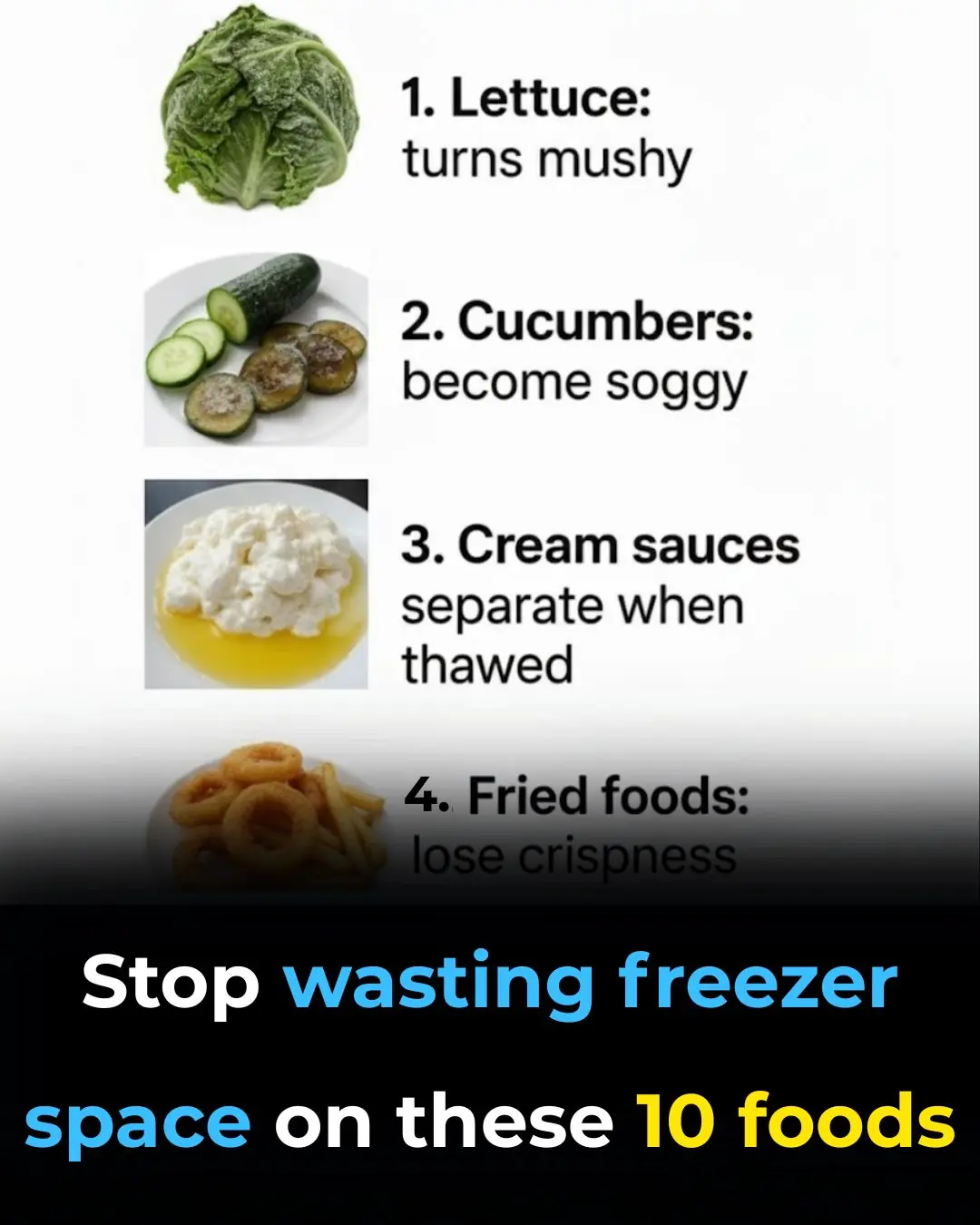
Stop wasting freezer space on these 10 foods

Whoa, this completely flew under my radar
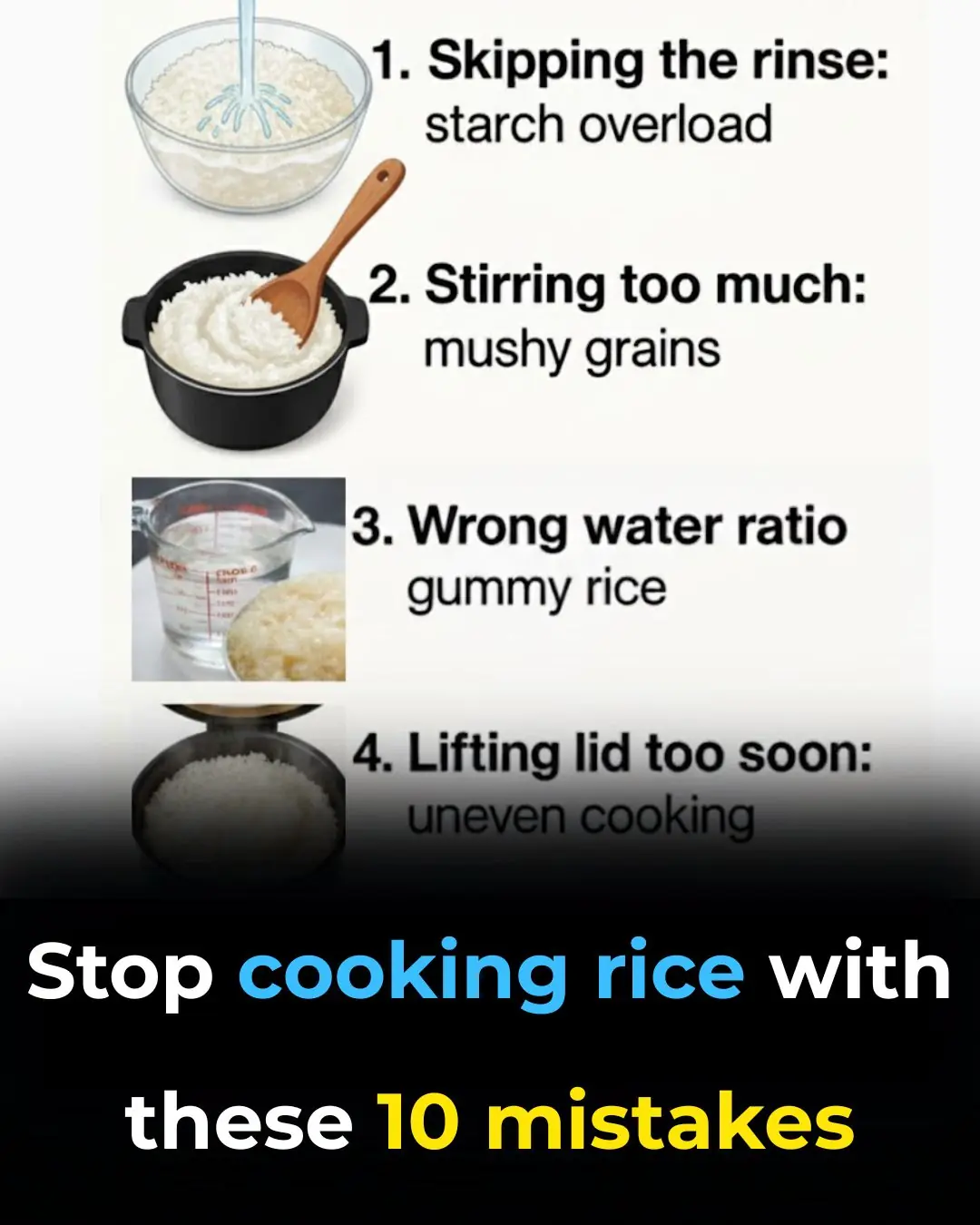
Stop cooking rice with these 10 mistakes
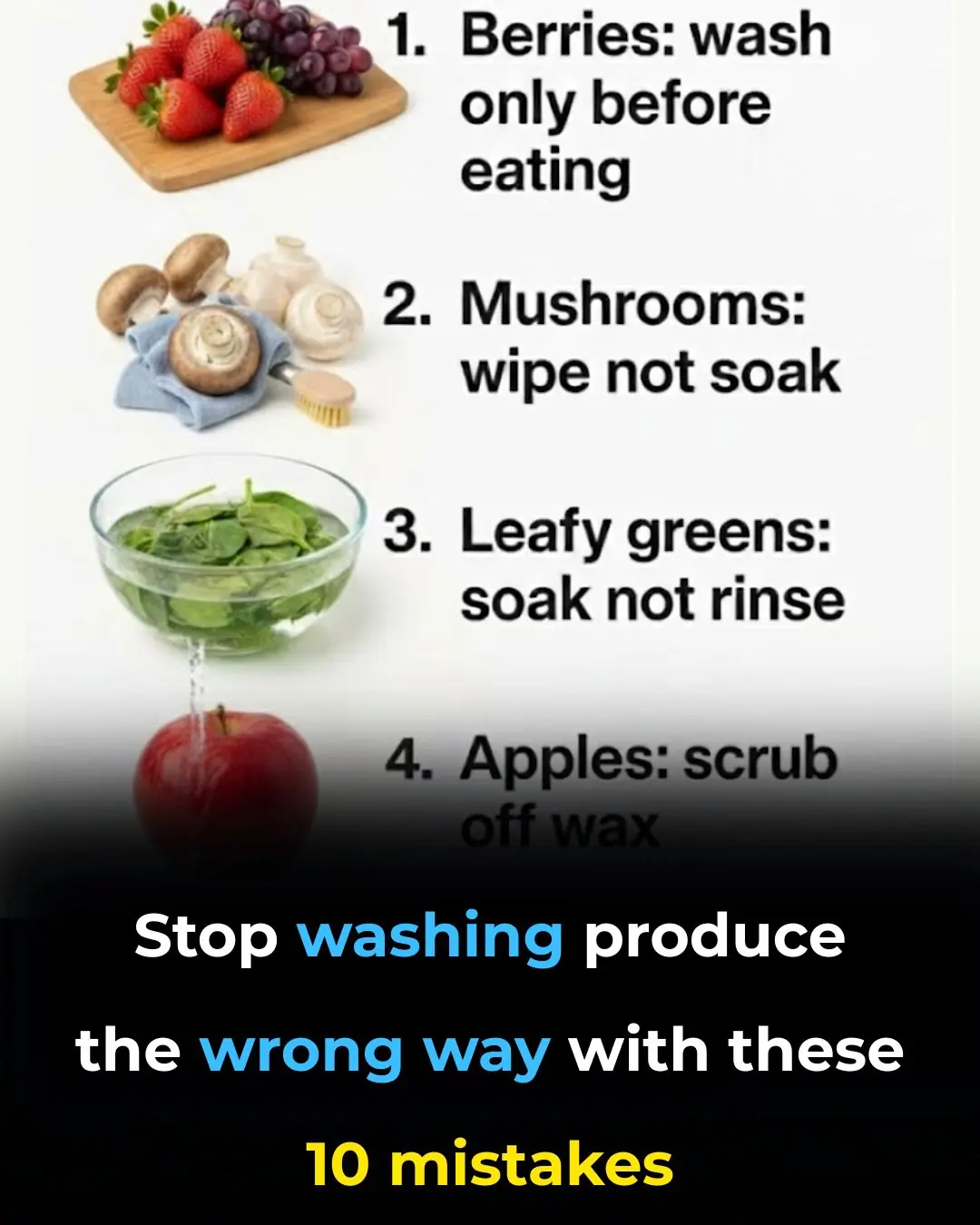
Stop washing produce the wrong way with these 10 mistakes

I didn't know

My nana taught me this hack to freshen carpets in 4 mins with 0 work. Here’s how it works

Tips for effective, safe and cost-saving pest control

Distinguish between clean bean sprouts and bean sprouts containing toxic chemicals with the following extremely simple tip.

How to make the Money Tree flower and have fresh shoots to attract fortune

How to make delicious beef stew at home extremely simple
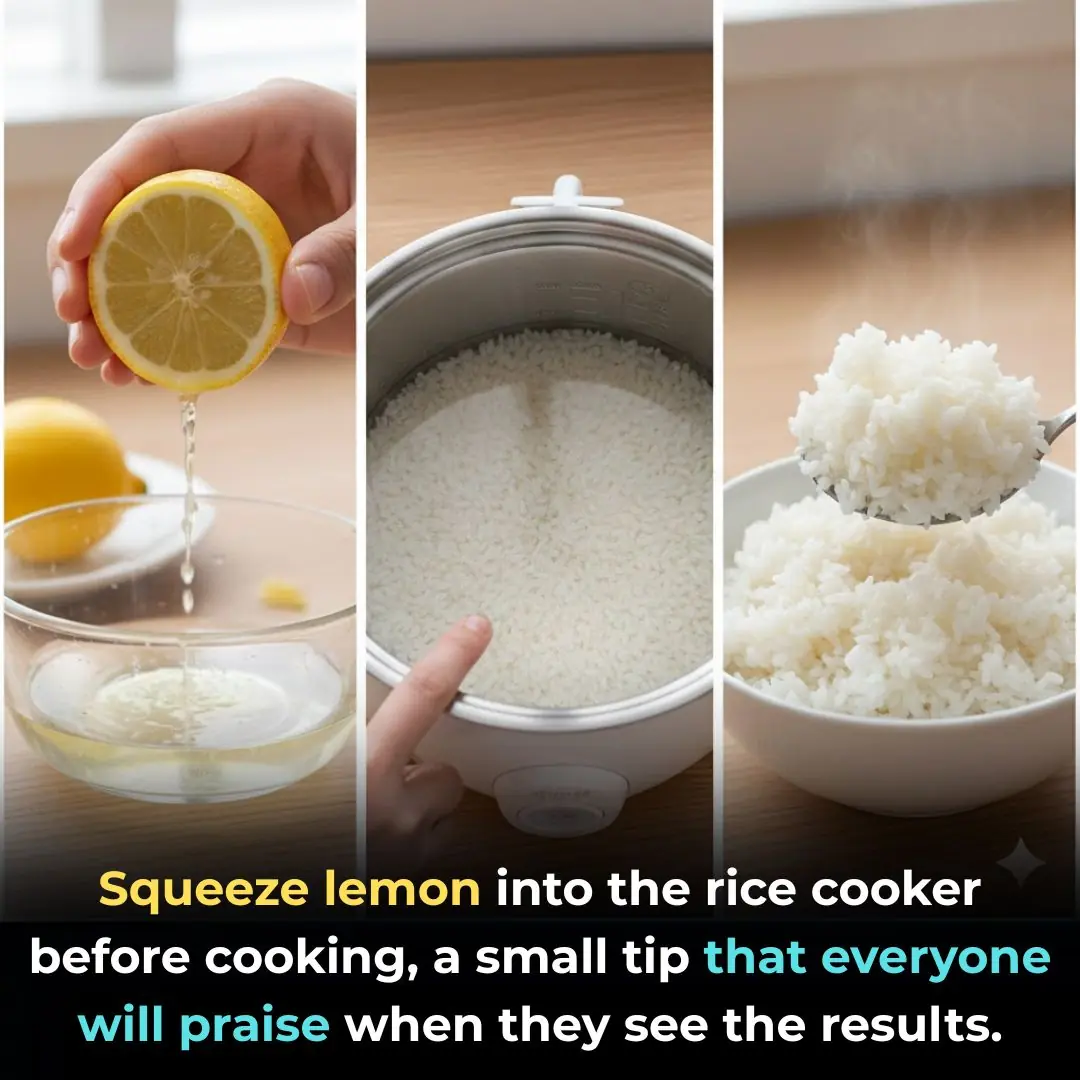
Squeeze lemon into the rice cooker before cooking, a small tip that everyone will praise when they see the results.

Phone is full of memory, both frozen and slow, press this button to free up memory, the phone runs fast like new

Great tips with lemon seeds, simple planting method to have a pot of lemon that is both decorative and makes your house smell good

These ideas are brilliant

How to Wash and Condition Hair with Rice Water to Reduce Hair Loss and Boost New Hair Growth

How to Easily Unclog Stubborn Drains Without Calling a Plumber

Tips for Faster Hair Growth, Reduced Hair Loss, and Shiny Hair Using Beer Hair Wash

How to Keep Geckos, Mosquitoes, Cockroaches, and Rats Out of Your Home Naturally
News Post

Stop wasting money on these 10 pantry staples

Doctor reveals 5 powerful snacks that help your body fight cancer and disease

The Most Effective Foods to Cleanse your Lungs (Research Based)

Starve cancer cells: the ultimate guide to foods that fight and feed cancer

Stop wasting freezer space on these 10 foods

Whoa, this completely flew under my radar

Stop cooking rice with these 10 mistakes

#1 Best Way to Lower Blood Pressure Naturally and Fast

Stop washing produce the wrong way with these 10 mistakes

The Mystery Behind Open-Front Toilet Seats Finally Solved
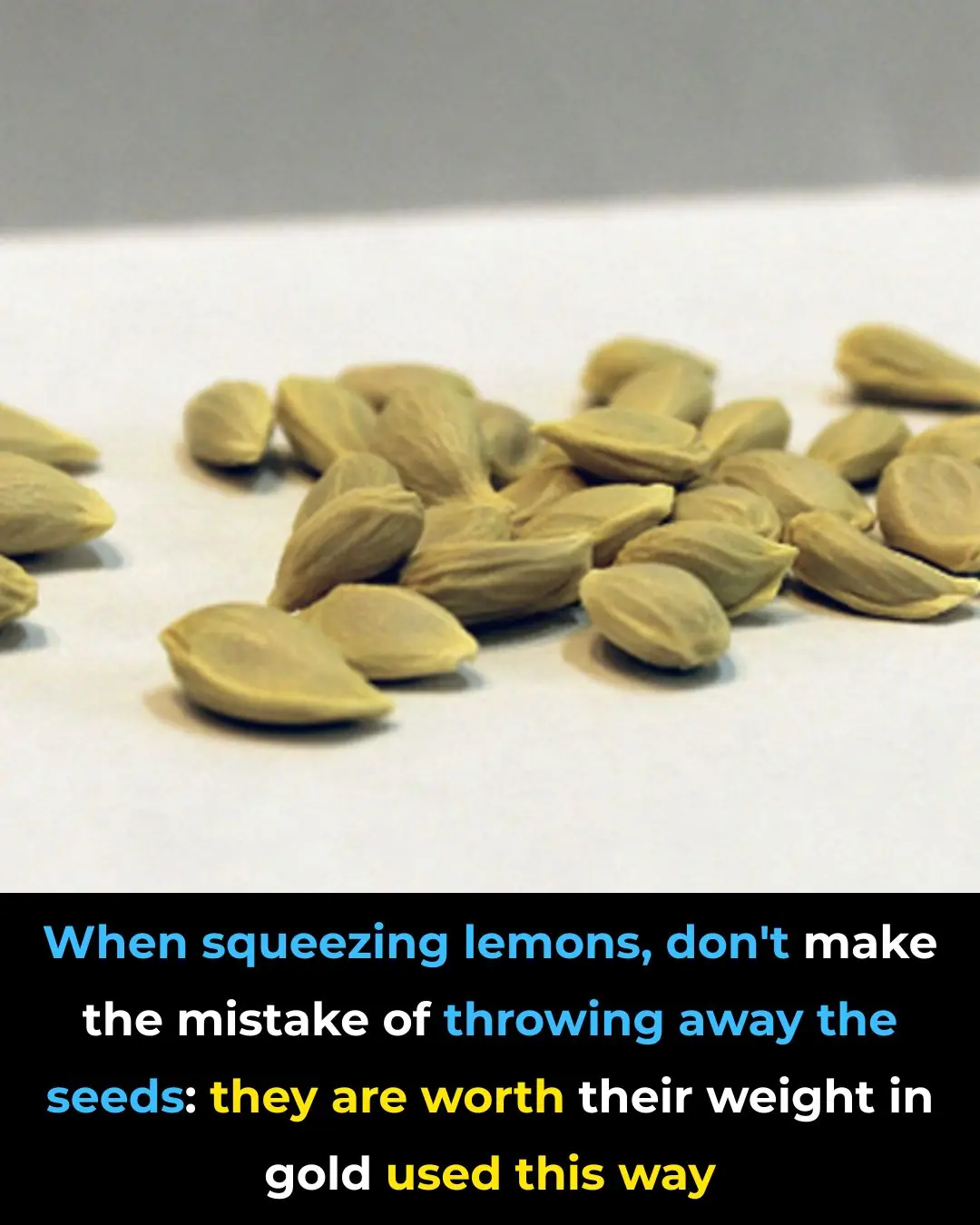
🍋 Don’t Throw Away Lemon Seeds & Peels — Here’s How to Use Them Safely

I didn't know

My nana taught me this hack to freshen carpets in 4 mins with 0 work. Here’s how it works

Tips for effective, safe and cost-saving pest control

Distinguish between clean bean sprouts and bean sprouts containing toxic chemicals with the following extremely simple tip.

How to make the Money Tree flower and have fresh shoots to attract fortune

How to make delicious beef stew at home extremely simple

Squeeze lemon into the rice cooker before cooking, a small tip that everyone will praise when they see the results.
